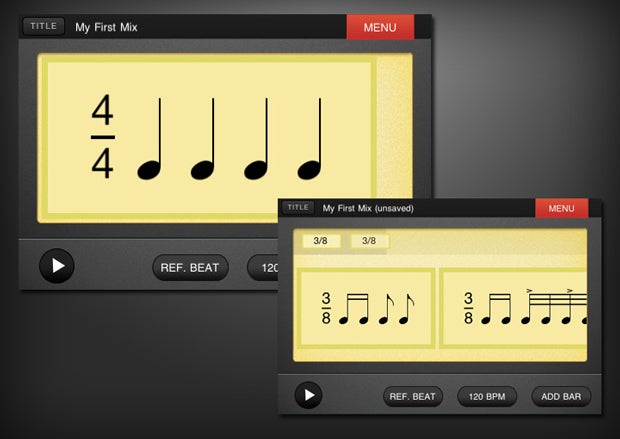Beat It: Musician Andy Shoniker Double-Times As An App Founder... And It's Paying Off Drummer Andy Shoniker was working on polyrhythms and felt that the course's textbook didn't really help.
Opinions expressed by Entrepreneur contributors are their own.
You're reading Entrepreneur Middle East, an international franchise of Entrepreneur Media.

"The original inspiration for Rhythm Trainer came to me in 1999 when I was still at Berklee [College of Music]." Drummer Andy Shoniker was working on polyrhythms and felt that the course's textbook didn't really help. For those of you who aren't musicians, polyrhythms aren't exactly the simplest things to figure out regardless of what instrument you play and no matter your skill level. Shoniker, who sees both his bands as "their own startups," decided to take on developing an app in 2009 after he was told that "apps were gonna be the next big thing." Creating Rhythm Trainer wasn't a piece of cake; Shoniker had to switch developers in 2013 after the introduction of retina display, so he worked alongside BitHeads from Ottawa, Canada. Years of frustrating trial and error did pay off after he was awarded a U.S. patent for "the manipulation of a bar object in a musical context on a touch-screen device", which he simply describes as "on music composition on a touch-screen device."
Rhythm Trainer, available for iOS with a tablet version to launch soon, wasn't a cheap endeavor, and Shoniker decided to bootstrap using his own savings as well as app sales. While it is currently profitable, Shoniker claims that if he stopped investing into the app, Rhythm Trainer's "product life span would be threatened." When it comes to ROI, he's thinking long-term, stating that Rhythm Trainer has a "long product life cycle and is the first of several music education and training apps that I will be launching over the next few years." What about the app's costs? The founder says that he deals with two big costs annually, and that they are integral to maintaining market share: "the fees to maintain the patent in the USA (and internationally as well) in addition to the annual software development costs to keep Rhythm Trainer current and fresh."

After testing the app, it's quite evident that you can setup just about any rhythm you want, regardless of time signature or types of notes. And it seems that the freemium strategy is working well- the free version is considered a "teaser product" and a form of advertisement. While Shoniker admits that social media plays a role in staying connected with the consumers and giving them a platform to learn more about the product to give them the best experience, his main marketing strategy lies elsewhere. "Working with music educators for a grassroots groundswell has been key," says Shoniker. "By getting the app in the hands of the key influencers (private instructors, music directors, etc.) we're able to influence the market without needing to educate everyone individually." But nothing convinces the consumer more about a product or service more than the entrepreneurs using it themselves. That happens to be the case with Shoniker, who says, " I use Rhythm Trainer all the time in my practice routine."











